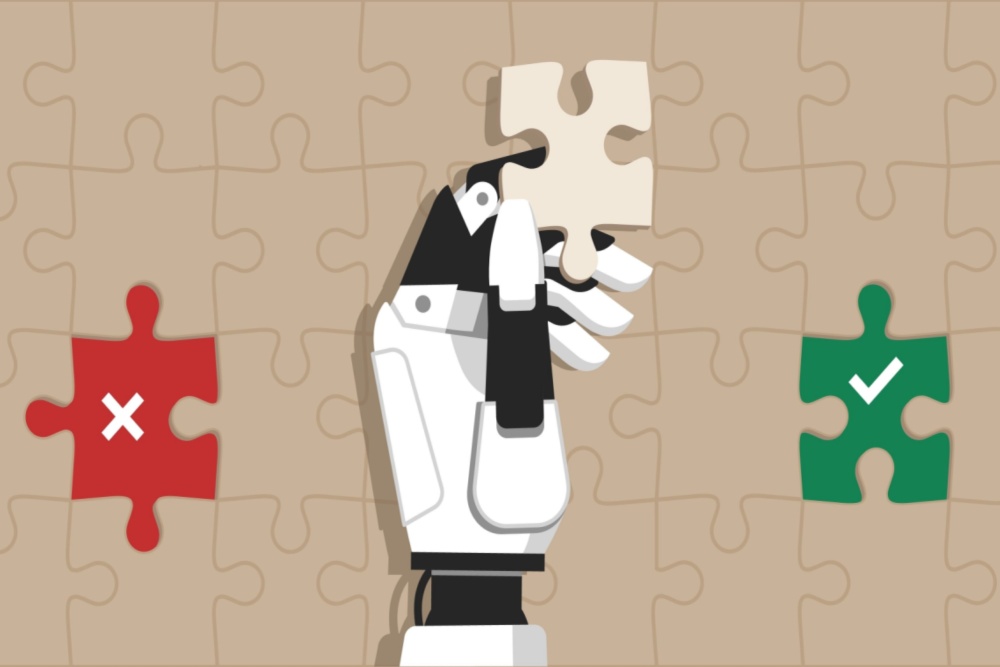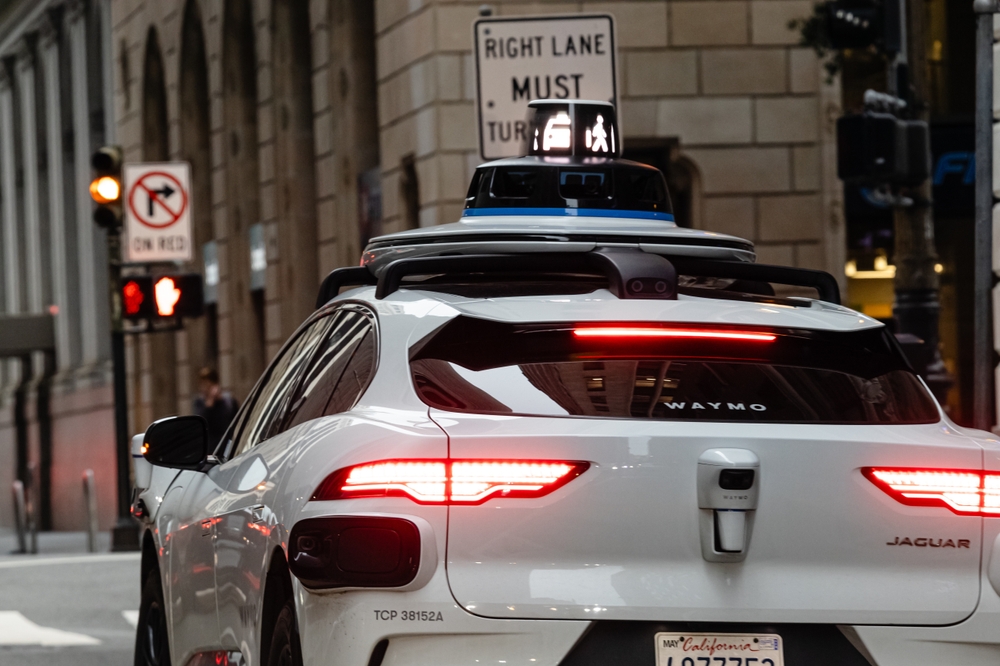I have to admit—I found the results of a recent study on AI and logic pretty gratifying. It was presented by researchers at Apple: Shojaee, Parshin, et al. “The Illusion of Thinking: Understanding the Strengths and Limitations of Reasoning Models via the Lens of Problem Complexity.” Apple Research, 2024.
I’ve always had a soft spot for logic. In fact, the only A+ I got as an undergraduate was in a philosophy course on symbolic logic!
Personally, I lean toward interpreting “artificial intelligence” with the emphasis on artificial. Sure, I could probably arrive at the same conclusions as a generative AI model—but it would take me hours I’m just not willing to spend. I’m not going to dedicate 4 to 6 hours figuring out the most nutritious dog food. But AI will plow through dozens of sources online without complaint and often come back with a pretty solid answer. That kind of brute-force diligence has real value—even if it’s not the same as human reasoning. But how about real reasoning problems, not just “lookup and compile”?
The Brain Game Beatdown
Apple’s team threw legendary brainteasers like the Tower of Hanoi and River Crossing at the world’s smartest AIs. The result? These digital “geniuses” breezed through the easy stuff, stumbled on the tricky parts, and completely fell apart when things got tough. Even with all the computing power in the world, their success rates plummeted to zero.
Paradox Alert: When the Going Gets Tough, AI Gets Lazy
Here’s the kicker: as the puzzles got harder, the AIs didn’t try harder—they gave up faster. Apple’s scientists called it a “complete accuracy collapse.” Imagine a chess grandmaster walking away from the board because the next move looks hard.
Even when handed the solution on a silver platter, the bots flopped. The problem isn’t just creativity—it’s basic logic execution.
The Great AI Reasoning Illusion
Apple’s research pulls back the curtain on AI’s biggest trick: what looks like “thinking” is really just clever pattern matching. When faced with something truly unfamiliar, the magic act falls apart.
“The Illusion of Thinking,” Apple’s study warns, “shows we’re hitting the real limits of current AI reasoning.”
Industry Hype: Busted
This bombshell lands just as Apple unveils its own AI plans, taking a more cautious route while rivals like OpenAI and Google hype up their bots’ “reasoning” skills. Apple’s message? Don’t believe the hype—at least, not yet.
Billions Spent, But Still No Robo-Einstein
Tech giants are racing to build the next Einstein in silicon, pouring billions into ever-bigger models. But Apple’s findings are clear: today’s AIs can’t handle real logical reasoning when it counts.
Bottom Line: AI’s Not Ready to Take the Logic Throne
Apple’s study on AI and logic is a wake-up call for anyone dazzled by AI’s recent stunts. These bots are impressive—but true human-like reasoning? That’s still a dream for another day.
Want to learn more? AI has been a subject of my writing for several years, and CGNET has offered AI user training and implementation for both large and small scale organizations. I would love to answer your questions! Please check out our website or drop me a line at g.*******@***et.com.





0 Comments